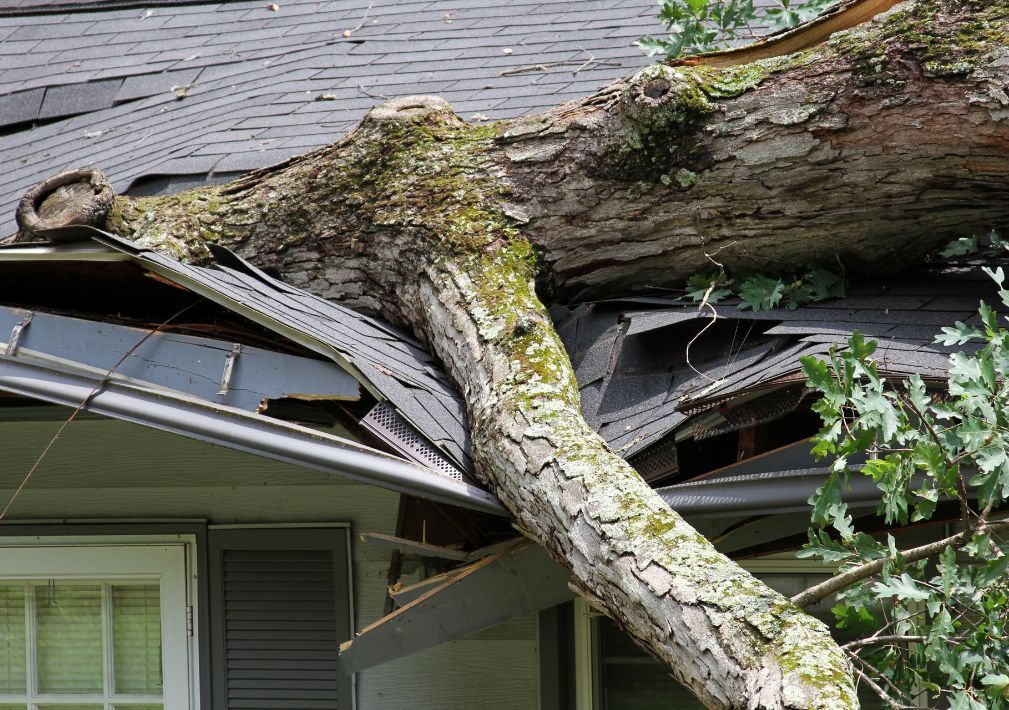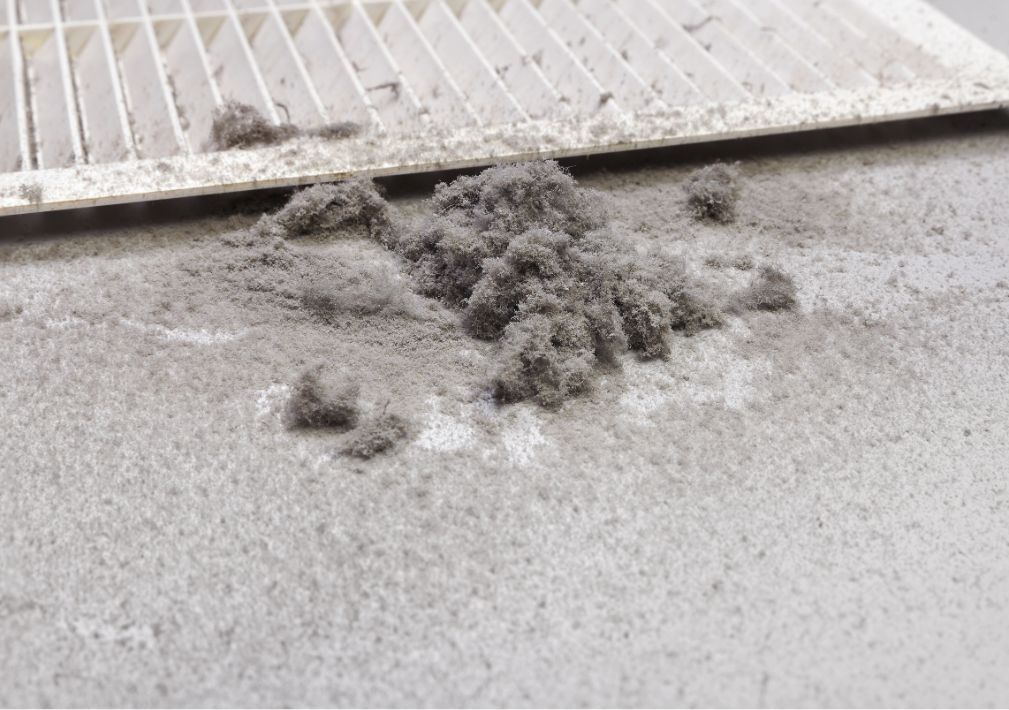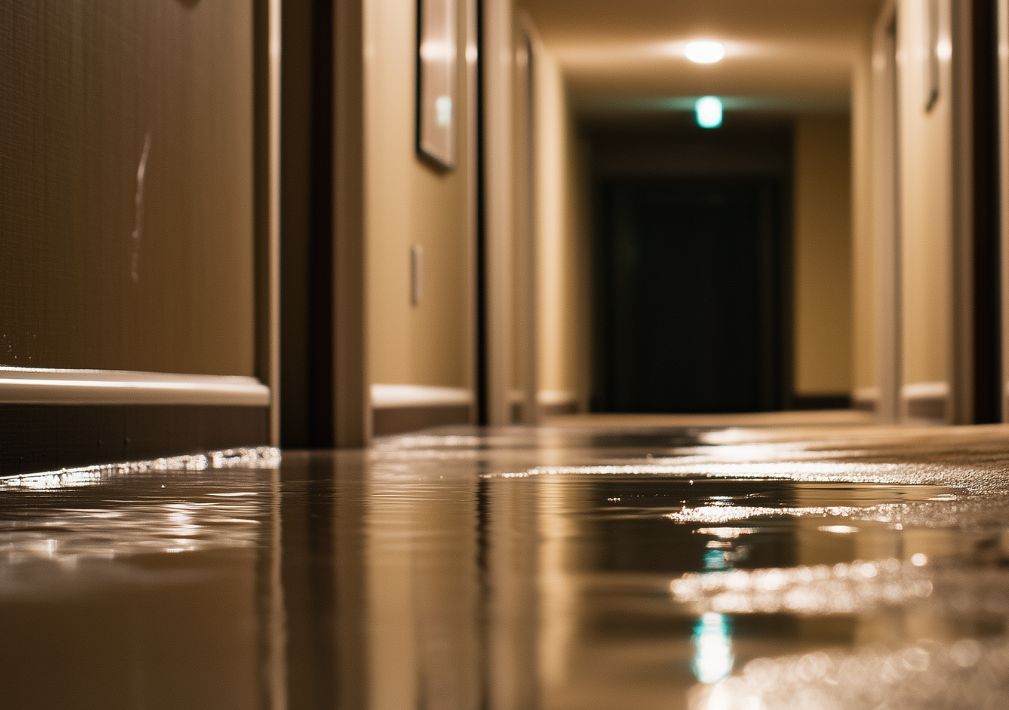How Does Storm Damage Restoration Work?

Table of Contents
- 1. Understanding the Storm Damage Restoration Process
- 1.1. Rapid Emergency Response and Assessment
- 1.2. Temporary Protection and Hazard Mitigation
- 1.3. Water Extraction and Moisture Control
- 1.4. Structural Debris Removal and Sanitization
- 1.5. Full-Scale Restoration and Rebuild
- 1.6. Mold Remediation and Indoor Air Quality Restoration
- 1.7. Claim Support and Insurance Liaison
- 2. The Importance of Hiring a Professional Storm Damage Restoration Company
- 3. Preventative Measures After Storm Damage Restoration
- 4. How Weather Patterns Are Changing and What It Means for Storm Damage Restoration
- 4.1. More Frequent and Severe Storm Events
- 4.2. Impact on Homes and Businesses in Bergen County
- 4.3. Why This Matters for Restoration Services
- 5. The Final Verdict on Storm Damage Restoration in Bergen County
- 6. Frequently Asked Questions About Storm Damage Restoration
Storm damage restoration is the professional process of assessing, cleaning, repairing, and rebuilding properties after a severe weather event. Whether it’s a violent thunderstorm, hurricane, or flash flood, storms can cause extensive damage in a short amount of time.
The key to a successful recovery lies in working with qualified professionals who specialize in storm damage restoration. Companies like Voda Cleaning & Restoration of Bergen County bring the experience, equipment, and efficiency needed to get your property and your life back to normal.
Understanding the Storm Damage Restoration Process
Storms can leave a path of destruction affecting roofs, siding, basements, electrical systems, and even the foundation of a structure. The restoration process is more than just cleanup, it’s a structured, detailed operation.
Rapid Emergency Response and Assessment
Time is critical. Within hours of a storm, water damage, structural exposure, and mold growth can escalate. That’s why storm restoration services typically begin with an immediate emergency response.
- Licensed technicians from Voda Cleaning & Restoration of Bergen County arrive quickly to assess damage.
- High-risk areas like basements, crawl spaces, and attics are checked for hidden moisture.
- Specialists also inspect roofing, electrical panels, siding, and structural framing.
The initial inspection helps create a tailored plan for both flood damage repair and structural restoration.
Temporary Protection and Hazard Mitigation
Before full repairs begin, safety comes first. This includes:
- Boarding up shattered windows and unstable doors
- Installing tarps over roof leaks
- Removing loose debris like tree branches or collapsed drywall
- Isolating electrical hazards and contaminated water sources
This temporary setup prevents additional damage and keeps families safe during the restoration.
Voda Cleaning & Restoration of Bergen County ensures each site is secured before cleanup starts, minimizing further costs and delays.
Water Extraction and Moisture Control
When storms cause interior flooding, water removal must happen fast.
- Industrial vacuums and submersible pumps remove standing water
- Moisture meters and thermal imaging cameras locate hidden dampness
- Air movers, dehumidifiers, and desiccant systems completely dry affected areas
Without this step, mold and mildew can develop within 24 to 48 hours. Professional storm damage restoration includes comprehensive drying to prevent these long-term issues.
Structural Debris Removal and Sanitization
Floods and winds can leave a mess of broken materials and contaminated items.
- Flooring, drywall, insulation, and cabinetry are removed if unsalvageable
- All surfaces are cleaned with antimicrobial treatments
- Air scrubbers and HEPA vacuums improve air quality
This deep sanitization ensures your home or office isn’t just clean, it’s safe.
Voda Cleaning & Restoration of Bergen County uses certified cleaning protocols to meet or exceed industry standards for environmental safety.
Full-Scale Restoration and Rebuild
This is where storm restoration transitions from disaster recovery to rebuilding better than before:
- Roofing systems are repaired or replaced
- Framing and drywall are reconstructed
- Flooring, cabinetry, and paintwork are completed
- HVAC, plumbing, and electrical systems are inspected and restored
Each repair is done with long-term resilience in mind. The goal is not just to restore but to storm-harden your property for the future.
Voda Cleaning & Restoration of Bergen County takes pride in using durable materials that stand up to extreme weather conditions.
Mold Remediation and Indoor Air Quality Restoration
Storm-related flooding almost always leads to moisture issues. If not handled properly, it can become a breeding ground for mold.
- Certified mold remediation experts perform spore testing
- Affected areas are isolated to prevent spread
- Infested materials are removed or treated
- Airborne particles are captured using negative air machines
Companies like Voda Cleaning & Restoration of Bergen County emphasize indoor air quality as part of a holistic storm damage restoration strategy.
Claim Support and Insurance Liaison
Navigating insurance claims after a disaster can be stressful. Many emergency restoration professionals assist with:
- Detailed documentation of storm damage
- Filing comprehensive reports
- Meeting with insurance adjusters
- Clarifying policy coverage
Voda Cleaning & Restoration of Bergen County works with most major insurance providers and simplifies the claims process for homeowners and businesses alike.
The Importance of Hiring a Professional Storm Damage Restoration Company
Here’s why professional storm restoration services are non-negotiable:
- Hidden damage like internal leaks, cracked foundations, or soaked insulation won’t be caught without tools and expertise.
- Incorrect drying can result in rot or mold outbreaks months later.
- Insurance documentation done by restoration professionals improves approval rates and claim amounts.
- Compliance with local codes ensures repairs meet municipal building standards.
Hiring experts like Voda Cleaning & Restoration of Bergen County ensures every phase of the job is safe, efficient, and covered.
Preventative Measures After Storm Damage Restoration
Once your property is restored, it’s time to think long-term. Consider these upgrades to reduce future risk:
- Upgrade roofing to wind- and hail-resistant shingles
- Install a sump pump with battery backup
- Elevate utilities if you live in a flood-prone zone
- Seal foundation cracks and basement walls
- Keep a trusted contact like Voda Cleaning & Restoration of Bergen County saved in your emergency plan
These preventative strategies improve your home’s resilience and your peace of mind.
How Weather Patterns Are Changing and What It Means for Storm Damage Restoration
In recent years, the frequency and intensity of storms have noticeably increased due to shifting climate patterns. This change impacts not just how often storms occur, but also how homeowners and restoration companies need to prepare and respond.
More Frequent and Severe Storm Events
Across the U.S., there’s been a documented rise in:
- Sudden downpours leading to flash floods
- Unseasonal windstorms with speeds over 70 mph
- Longer storm seasons, including off-peak hurricanes and nor’easters
This evolving weather behavior means that storm damage restoration isn’t just a reactive service anymore, it’s becoming a proactive necessity for property owners.
Impact on Homes and Businesses in Bergen County
In areas like Bergen County, New Jersey, properties are increasingly exposed to high winds, saturated ground conditions, and sudden drainage system failures. Restoration professionals now account for:
- Saturated soils causing basement seepage and foundation shifts
- Repetitive storm exposure leading to faster material degradation
- Local infrastructure limitations during widespread storm events
Voda Cleaning & Restoration of Bergen County has adapted its restoration protocols to reflect these changing conditions, offering faster mobilization, weather-adaptive repairs, and flood-resilient solutions.
Why This Matters for Restoration Services
With unpredictable weather, the margin for error becomes smaller:
- Properties must be assessed with an eye on long-term risk, not just immediate damage.
- Restoration companies need to be ready for back-to-back storm events.
- Homeowners should have a storm response plan and emergency restoration contacts at the ready.
As the environment continues to shift, working with experienced providers like Voda Cleaning & Restoration of Bergen County ensures your storm recovery efforts are future-proof and resilient.
The Final Verdict on Storm Damage Restoration in Bergen County
Storm damage restoration is not just about rebuilding structures, it’s about restoring your life. From flood cleanup to mold prevention and insurance support, every step requires attention to detail, technical knowledge, and a commitment to safety.
With Voda Cleaning & Restoration of Bergen County, you get expert care that goes beyond basic repairs. Their trained professionals offer complete solutions that restore comfort, security, and confidence after any storm.
If your home or business has been hit, don’t wait. Let trusted professionals lead the way back to normal with storm damage restoration.
Frequently Asked Questions About Storm Damage Restoration
Can storm damage impact a property’s foundation?
Yes, particularly if the storm results in excessive flooding or water saturation. Hydrostatic pressure can crack foundation walls, cause bowing, or lead to basement leaks. It’s critical to have a thorough inspection by a storm damage restoration expert.
What’s the difference between flood damage and storm damage in insurance terms?
Storm damage generally covers wind, hail, and rain entering due to storm-created openings, while flood damage is typically excluded unless you have a separate flood insurance policy. A company like Voda Cleaning & Restoration of Bergen County can help clarify what type of damage your policy covers and assist with the right documentation.
How do restoration professionals detect hidden moisture?
Professionals use tools like thermal imaging cameras, hygrometers, and non-invasive moisture meters to find water inside walls, ceilings, and floors. This technology allows for targeted drying without unnecessary demolition.
More Blogs
Categories



